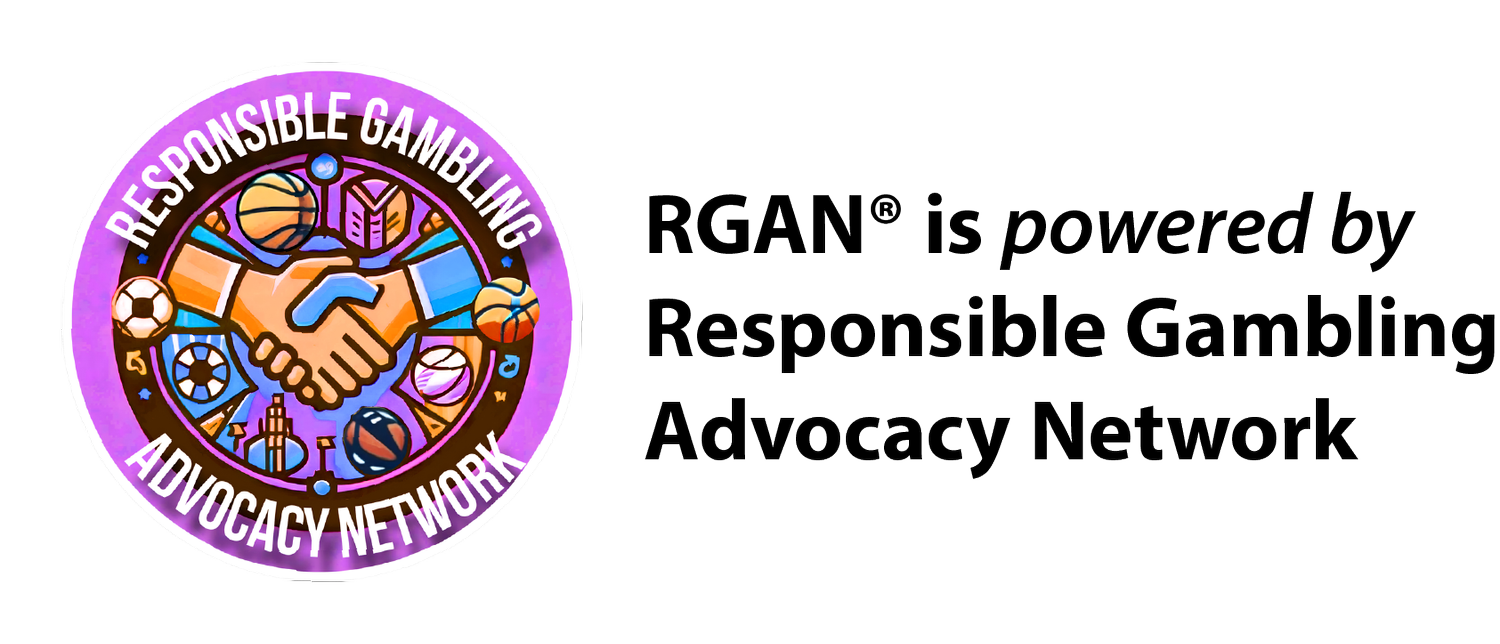Embracing Responsible Gambling: A Balanced Approach To A Popular Pastime
Gambling has long been a popular pastime, offering excitement and the promise of rewards. However, as with any activity that involves risk, it's crucial to approach gambling with mindfulness and a sense of responsibility. Responsible gambling is not just about avoiding negative consequences; it's about ensuring that the experience remains enjoyable and sustainable.
Gambling has long been a popular pastime, offering excitement and the promise of rewards. However, as with any activity that involves risk, it's crucial to approach gambling with mindfulness and a sense of responsibility. Responsible gambling is not just about avoiding negative consequences; it's about ensuring that the experience remains enjoyable and sustainable.
Understanding the Appeal
The allure of gambling lies in its blend of chance and strategy, providing an adrenaline rush and the potential for financial gain. For many, it's a social activity, a way to bond with friends or enjoy a night out. The challenge is maintaining this balance without letting the pursuit of wins overshadow the enjoyment of the game itself.
Setting Limits
One of the most effective ways to practice responsible gambling is to establish personal limits. This involves setting a budget for how much money and time you're willing to spend. Sticking to these limits ensures that gambling remains a form of entertainment rather than a financial burden. It's essential to view any money spent on gambling as the cost of entertainment, not as an investment or a means to make money.
Recognizing the Signs
Understanding the signs of problematic gambling behavior is a key aspect of responsible gambling. These signs can include chasing losses, gambling with money intended for other expenses, or feeling anxious or irritable when not gambling. Being aware of these behaviors allows individuals to take proactive steps before problems escalate.
Seeking Support
If gambling starts to feel more like a compulsion than a choice, seeking support is a crucial step. Many organizations offer resources and support for individuals struggling with gambling issues. Talking to a counselor, joining a support group, or utilizing online resources can provide the necessary guidance to regain control.
Promoting a Healthy Environment
The gambling industry also plays a significant role in promoting responsible gambling. Casinos, online platforms, and sportsbooks now encourage safe practices for responsible betting and have implemented mental health initiatives and offer resources to organizations like Kindbridge Behavioral Health. Implementing measures like self-exclusion programs, reality checks, and deposit limits can help patrons stay within their boundaries.
Educating the Public
Education is vital in fostering a culture of responsible gambling. Public awareness campaigns, educational programs, and transparent information about the odds and risks involved can empower individuals to make informed decisions. Knowledge is a powerful tool in preventing gambling-related harm.
Balancing Fun and Responsibility
At its core, responsible gambling is about striking a balance between enjoyment and self-control. It's about understanding that gambling is a form of entertainment, not a way to solve financial problems. By approaching gambling with a clear mind and a set of guidelines, individuals can ensure that it remains a positive and enjoyable activity.
Responsible gambling is a shared responsibility between individuals, the industry, and society as a whole. By setting limits, recognizing problematic behaviors, seeking support, and promoting education, we can create an environment where gambling is enjoyed responsibly. The goal is not to eliminate gambling but to ensure that it remains a safe, enjoyable, and balanced form of entertainment.
By Sam “Smart Play” Spack
About Sam: A recent graduate from Florida Gulf Coast University with a degree in Psychology focusing on behavioral psychology and addiction counseling. Sam has worked as a registered behavioral health tech and aided individuals with autism and who were on the spectrum (ASD).
Smart Play
"You miss 100% of the shots you don’t take," remarked pro hockey legend Wayne Gretzky, a mantra embraced fervently by sports and casino gaming enthusiasts worldwide.
"You miss 100% of the shots you don’t take," remarked pro hockey legend Wayne Gretzky, a mantra embraced fervently by sports and casino gaming enthusiasts worldwide. The rush of dopamine and the adrenaline-fueled analysis behind betting can be undeniably compelling - winning at gambling, wherever it occurs, can be considered one of life's greatest pleasures.
As both an addiction therapist and a sportsbook enthusiast, I've witnessed firsthand how friends and family members, including close relatives, can lose sight of boundaries of responsible play. While the highs and lows of gaming can be alluring for some, for others, including myself, the feeling of losing control over game outcomes can be overwhelming, taxing and take a toll on mental health.
However, when this exhilarating high becomes a habitual fix or leads to excessive wagering, the outcome often turns sour. I've observed that enthusiastic sports bettors who exercise prudence in their betting decisions, play the odds wisely, and embrace responsible gambling tend to improve their win/loss ratio—a key objective for any gambler.
Dame Bets offers valuable resources to help individuals bet responsibly. In my column, I will explore the benefits of smart play and responsible gaming, how to manage the rollercoaster of emotions and the effects on mental health. I encourage our readers to take advantage of the informative content available on Dame Bets, to help game with confidence and mindfulness.
By Sam “Smart Play” Spack
About Sam: A recent graduate from Florida Gulf Coast University with a degree in Psychology focusing on behavioral psychology and addiction counseling. Sam has worked as a registered behavioral health tech and aided individuals with autism and who were on the spectrum (ASD).


